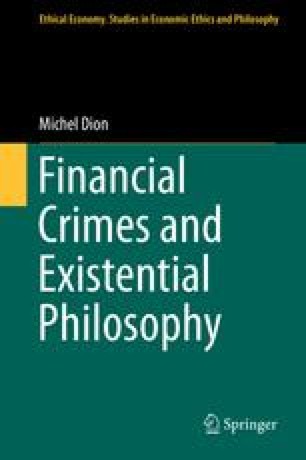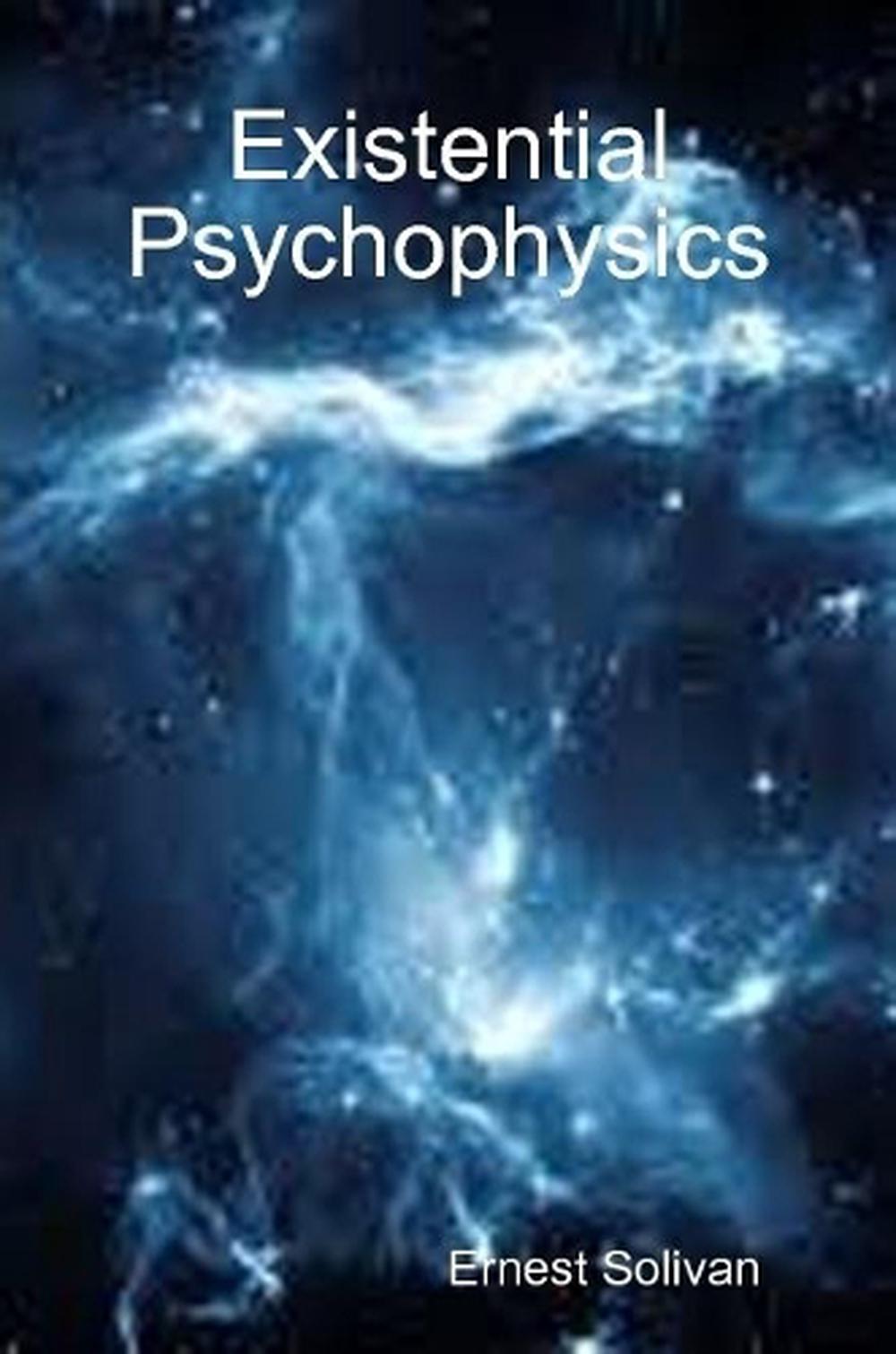

And Wittgenstein use it to explain the idea of “seeing”, which means seeing the concept as a whole. Sabine uses it to explain duel theories, which means that two theories are the same thing. We still have to think, which is why we don’t want to believe in free will in the first place.Īn interesting detail I noticed is the rabbit-duck picture, see the picture below.We still have to think about the theory of complicated things, which is why we have emergence in the first place.Her ideas on these two subjects are consistent, so maybe they’re more convincing? After all, I didn’t do the thinking and research she’s done.īut to me, it’s an avoidance rather than answer: I’m surprised she quoted from Wittgenstein, as well as she quoted from Louis C.K. Not to say he turned his back on this specific statement. She quoted from Ludwig Wittgenstein that “The freedom of the will consists in the fact that future actions cannot be known now.” 1 Which is from Tractatus, an early work of Wittgenstein, which he turned his back on in his later life. there’s no free will, but I’m interested in the outcome of your thinking.How the composition interacts with each other is where “emergence” begins. You may refer to the example where we derive the principle of Thermodynamics and Statistical Mechanics. It’s just that the math is too difficult.



And to be honest, what is really fascinating to me in Lost in Math is the level of detail, and that there’s clearly tons of research done. What she talked about in the book, pseudoscience, is like what Jostein Gaarder talked about in the final chapters of Sophie’s World, which is about pseudo-philosophy. These problems belong to the “important but not hurry” problems. Well, I mean I am interested but not right away. To be honest, I’m not quite interested in the topics she covered in the book. This is a review of Existential Physics: A Scientist’s Guide to Life’s Biggest Questions by Sabine Hossenfelder.įirst of all, Jean-Paul Sartre and Existentialism did not show up in the book. Book review: Existential Physics: A Scientist's Guide to Life's Biggest Questions


 0 kommentar(er)
0 kommentar(er)
